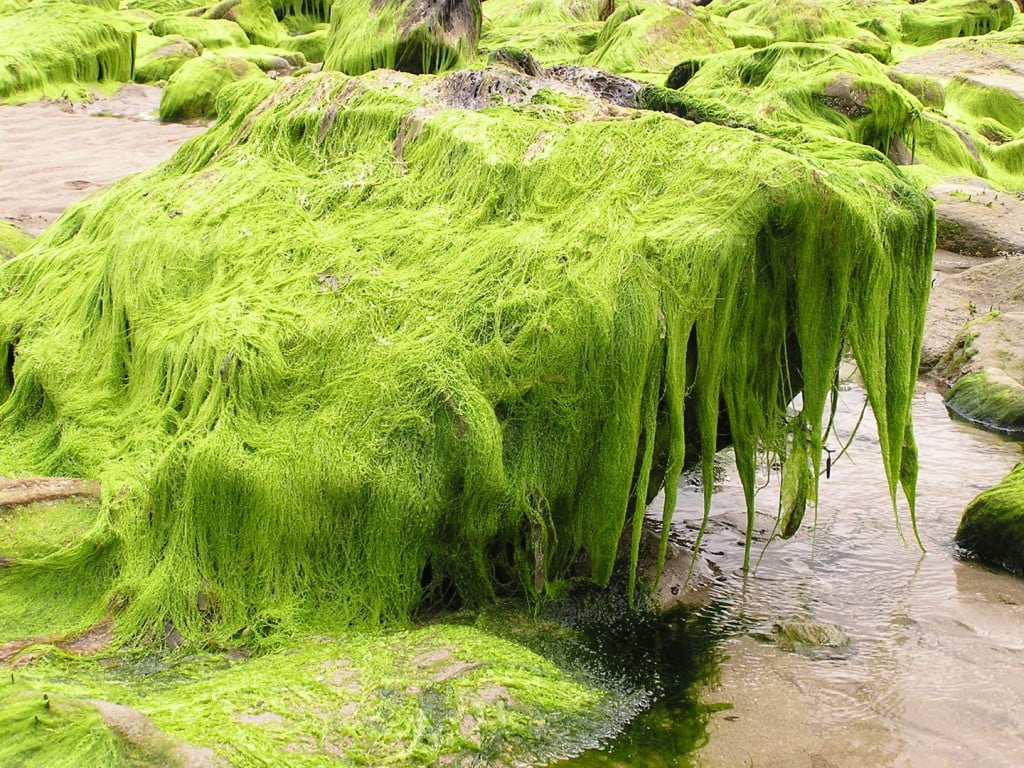Seaweed is prolific in Israel’s Mediterranean Sea. It makes sense, then, that Middle Eastern ancients used it to help alleviate a host of ailments from peptic ulcers to fungal infections and wounds.
Based on past and present literature, archeology, history, biology, linguistics and botany, the Natural Medicine Research Unit for the Study of Complementary, Alternative and Integrated Medicine at Hadassah Medical Organization in Jerusalem is looking into how seaweed can be utilized for its nutritional and medicinal properties. Staffers have been working with Canadian partners to grow the novel idea into commercial projects.
Related Stories:
The center’s exploration into the medicinal properties of seaweed and algae is part of its larger mission to “develop Israel’s flora in an ethical, sustainable, responsible green way,” says Sarah Sallon, the director and founder of the 17-year-old center. “And there are treasures to be found here, as our results already show.”
While she shies away from identifying the plant species she is working on in order to protect patents and IP, this is the same center that led the germination of a 2,000-year-old Judean date palm seed several years ago. This particular species is known for good results in treating respiratory problems and depression.
Less is known about plants from the marine environment, yet seaweed and its potential applications in biofuel, pharmaceuticals and nutritional supplements is already a target market for Israeli companies.
While the Japanese may attribute long life to their consumption of the green chewy nori, most of the world is only starting to learn about the unusual minerals and vitamins present in seaweed.
…
To continue reading this article, click here
Via ISRAEL21c
Related posts

Resilient And Nutritious New Plant-Based Milk Aims To Make A Splash

Chocolate From Cultivated Cocoa Comes Without Environmental Toll

Plastic Fantastic: Startup Takes PVC Back To Its Crude Oil Roots




Facebook comments